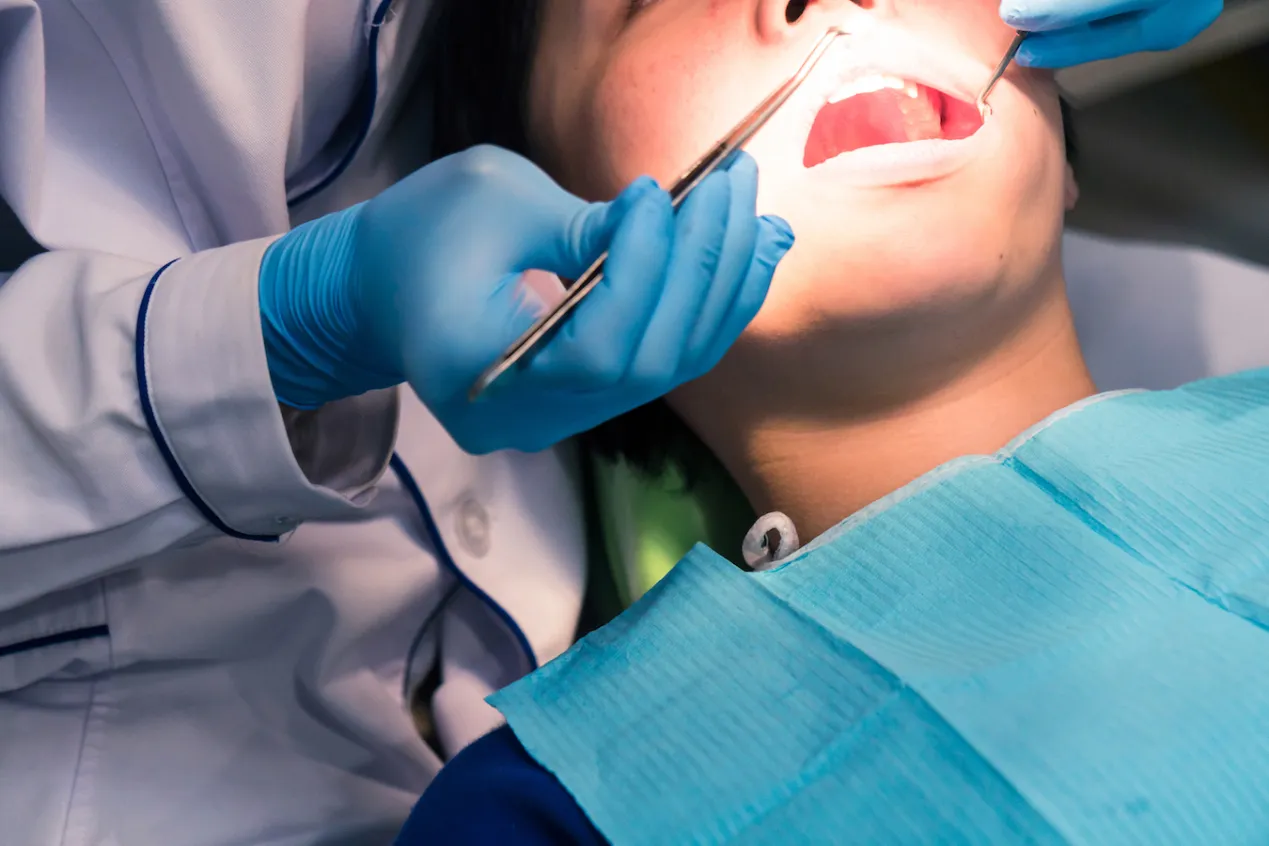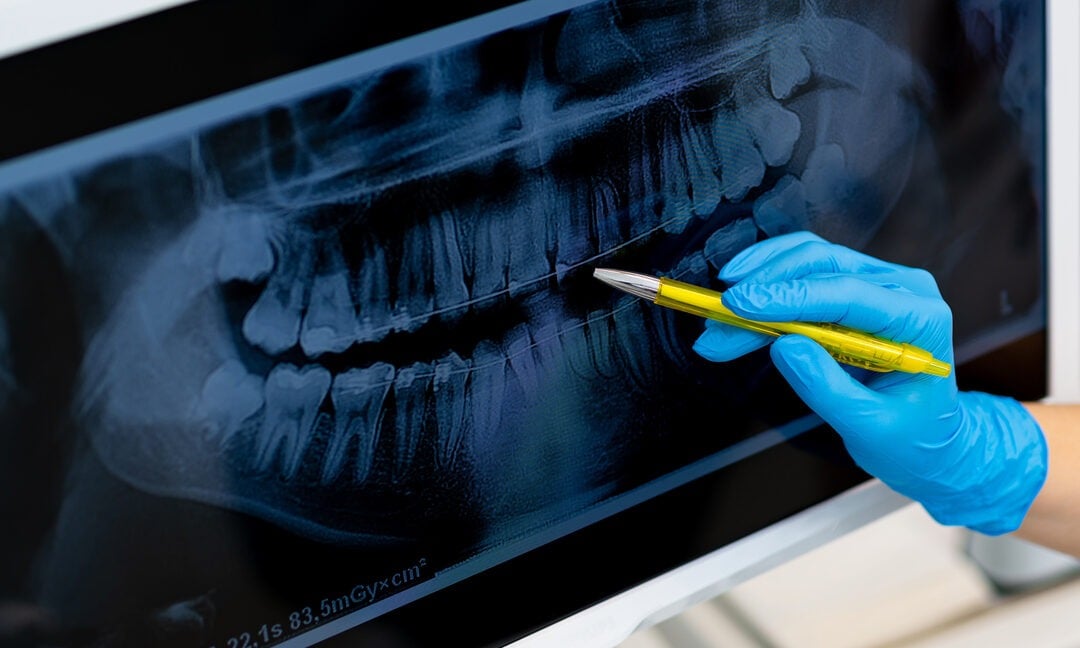Find Out About Constant Dental Worries Your Dental Expert Can Resolve
Recognizing constant oral problems is essential for keeping optimal oral wellness. Concerns such as tooth cavities, gum disease, tooth sensitivity, foul-smelling breath, and dental cavity prevail yet typically neglected till they end up being extreme. Dental professionals possess the expertise to detect and treat these problems, thereby stopping further difficulties. Regular oral check outs and personalized care plans can attend to these problems successfully, ensuring a healthier and brighter smile. Yet what specific therapies do dental professionals utilize to combat these issues, and exactly how can early treatment make a distinction? The solution to these questions offer useful insights right into guarding your dental health.
Cavities
Dental caries, also known as dental cavities, are a prevalent dental health issue brought on by the demineralization of tooth enamel as a result of acid production from bacterial plaque. This process starts when germs in the mouth metabolize sugars and starches from food, creating acids that wear down the enamel. Otherwise resolved promptly, this disintegration can penetrate deeper right into the tooth, impacting the dentin and eventually the pulp, possibly leading to serious discomfort and infection.
The beginning of tooth cavity development often present as white places on the tooth surface, suggesting preliminary demineralization. As the procedure advances, these areas can develop right into brown or black sores, signifying more substantial degeneration. Regular oral check-ups are crucial for early detection, as dental caries in their incipient phases can be treated with remineralization strategies, such as fluoride treatments.
Dental practitioners generally remove the decayed portion of the tooth and load the dental caries with products such as composite resin, amalgam, or ceramic. Preventive procedures, consisting of excellent oral health practices and nutritional adjustments, play a critical duty in mitigating the risk of cavities.
Periodontal Illness
While cavities represent a substantial problem for oral health and wellness, one more important concern that requires attention is gum tissue disease. Recognized as periodontal condition, periodontal disease is an inflammatory problem impacting the tissues surrounding and sustaining the teeth. It is primarily brought on by the build-up of plaque-- a sticky movie of germs that bases on teeth.
Gum disease advances through phases, beginning with gingivitis, characterized by soreness, swelling, and hemorrhaging gum tissues (dentists eugene). If left unattended, gingivitis can intensify to periodontitis, where the internal layer of the periodontal and bone retreat from the teeth, forming pockets that come to be contaminated. Gradually, the toxins produced by the bacteria damage down the bone and connective cells that hold teeth in area, potentially leading to missing teeth
Very early discovery and therapy are vital. Professional oral cleanings and boosted oral health practices, such as brushing twice day-to-day and flossing, can manage gingivitis. For advanced phases, treatments might consist of scaling and origin planing, antibiotics, or also surgical interventions.
Routine dental exams play a pivotal role in stopping and taking care of gum tissue illness. Dental professionals can identify very early signs and suggest appropriate treatments, ensuring the upkeep of healthy gums and general dental health and wellness.
Tooth Sensitivity
Tooth sensitivity affects millions of people worldwide, offering a common yet frequently stressful dental problem. This problem develops when the enamel, the outer protective layer of the teeth, is jeopardized, exposing the underlying dentin. The dentin includes tiny tubules that lead directly to the dental pulp, where nerves reside. When revealed to stimulations such as hot, cold, pleasant, or acidic compounds, these nerves are set off, causing sharp discomfort or discomfort.
A number of factors add to enamel disintegration and succeeding tooth sensitivity, including aggressive cleaning, acidic foods and beverages, gum tissue economic crisis, and bruxism (teeth grinding) Additionally, oral procedures such as teeth lightening can momentarily enhance sensitivity.
Foul Breath
One more widespread dental concern that influences people' day-to-days live misbehaves breath, medically described bad breath. This problem can be especially distressing, affecting personal interactions and self-confidence. Halitosis typically originates from poor oral health, which allows food bits to stay in the mouth, promoting bacterial development. These germs generate sulfur compounds, causing undesirable smells.

Dental professionals play a critical duty in detecting and dealing with halitosis. They can determine the root reason via a complete exam and provide tailored advice and therapy plans. Recommendations might entail improving dental hygiene practices, such as regular brushing and flossing, making use of anti-bacterial mouthwashes, staying hydrated, and dealing with any type of dental problems. In many cases, a recommendation to a specialist may be necessary to take on underlying illness contributing to negative breath. Efficient monitoring of halitosis not just boosts oral wellness yet likewise substantially enhances top quality of life.
Dental Cavity

Stopping tooth degeneration includes a mix of excellent oral hygiene methods and normal dental exams. Brushing teeth at least two times daily with fluoride toothpaste, flossing to eliminate plaque in between teeth, and restricting the intake of sweet foods and beverages are necessary safety nets. Fluoride therapies, dental sealants, and expert cleanings supplied by a dental expert can additionally play a considerable duty in strengthening enamel and avoiding degeneration.
When dental cavity takes place, very early treatment is key. Dental practitioners can eliminate decayed cells and bring back the tooth with dental fillings made from products such as composite material, amalgam, or porcelain. In even more advanced cases, treatments like crowns, origin canals, or extractions might be needed. By addressing tooth decay without delay, dental professionals assist maintain dental structure and function, making certain lasting dental health and wellness.
Verdict
Attending to typical dental problems such as dental caries, gum illness, tooth sensitivity, halitosis, and dental caries is critical for maintaining ideal dental health and total you can try these out health. Dental professionals have the know-how to why not look here detect and deal with these concerns properly, making sure tailored take care of each client. Normal precautionary steps and oral examinations are important in recognizing and managing these issues early, promoting a much healthier and much more confident smile over a life time.

Tooth decay, additionally understood as dental caries, happens when the enamel, the outer layer of the tooth, is deteriorated by acids created by germs in the mouth. Cleaning teeth at the very least twice daily with fluoride tooth paste, flossing to get rid of plaque in between teeth, and restricting the intake of sweet foods and beverages are crucial precautionary measures.Attending to usual dental concerns such as dental caries, periodontal condition, tooth sensitivity, bad breath, and tooth decay is important for maintaining optimum dental wellness and overall well-being.